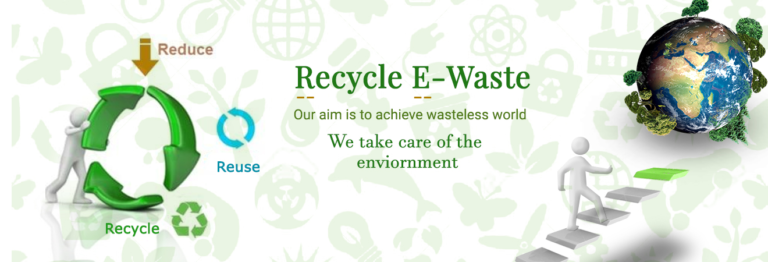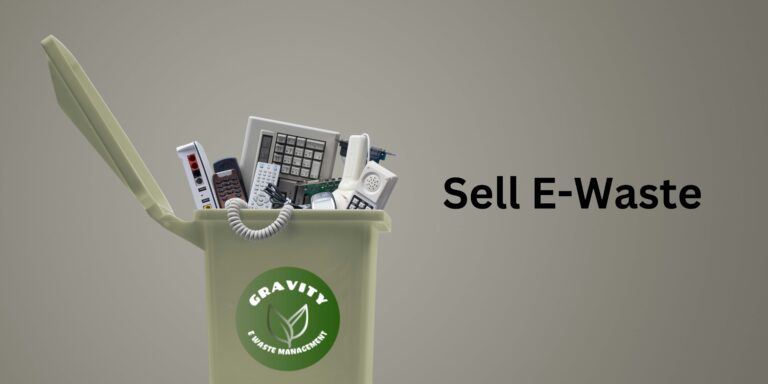
battery recycling plant
As we are all concerned about the environment, sustainable practices are of greater importance than ever before. Battery manufacturers are among the industries responsible for the generation of electronic waste. The company puts its state-of-the-art battery recycling facility to work in order to address these challenges. This blog is intended to showcase the groundbreaking work being undertaken by Wastematerial in the field of sustainable technology.
Battery Recycling
Having said that, it is important to understand the scale of the battery disposal problem before discussing Wastematerial’s revolutionary solution. This being said, it is imperative that you understand the scale of the battery disposal problem before discussing Wastematerial’s revolutionary solution. There are severe environmental risks associated with improper disposal, from toxic chemical leaks to contamination of soil and water.
Enter Wastematerial
Providing eco-friendly waste management solutions for decades, Wastematerial is the leader. Battery recycling plant addresses environmental challenges caused by discarded batteries, proving the company’s commitment to sustainability.
The Technology Behind Wastematerial's Battery Recycling Plant
We use cutting-edge technology to extract valuable materials from batteries while minimizing our environmental impact. Sorting, disassembling, and chemical treatment are used to recover metals like lithium, cobalt, and nickel. Using these recovered materials in new batteries reduces demand for raw materials.
Environmental Benefits
Besides helping the environment, Wastematerial’s initiative’s good for the economy. A closed-loop manufacturing system can be created by recycling materials and reintegrating them into the supply chain. Efforts are made to conserve resources and make an economy more sustainable.
Economic Opportunities
Beyond environmental benefits, Wastematerial’s initiative presents economic opportunities. The recovered materials can be reintegrated into the manufacturing supply chain, creating a closed-loop system that reduces reliance on external sources. This not only contributes to resource conservation but also fosters a more sustainable and resilient economy.

Community Engagement and Awareness
Wastematerial actively engages with communities to raise awareness about the importance of proper battery disposal. Educational programs, workshops, and outreach initiatives aim to empower individuals and businesses to make informed choices about their electronic waste.
Regulatory Compliance
Recognizing the importance of regulatory compliance in the waste management industry, Wastematerial ensures that its battery recycling plant adheres to the highest environmental standards. Collaboration with regulatory bodies and continuous monitoring and improvement further solidify the company’s commitment to responsible waste management.
Looking Towards the Future
As the demand for batteries continues to rise, Wastematerial battery recycling plant stands as a beacon of hope for a more sustainable future. By combining advanced technology, environmental stewardship, and community engagement, Wastematerial exemplifies how businesses can play a pivotal role in addressing global environmental challenges.
Conclusion
Wastematerial’s battery recycling plant is not just a facility; it’s a testament to the power of innovation in fostering sustainability. Through responsible waste management, this company is not only reducing the environmental impact of battery disposal but also paving the way for a circular economy that values resource conservation and community well-being. As we navigate an increasingly eco-conscious world, Wastematerial’s efforts serve as inspiration for businesses to embrace sustainable practices and contribute to a greener, cleaner planet.
Frequently Asked Questions (FAQs) - Wastematerial's Battery Recycling Plant
What types of batteries does Wastematerial's recycling plant accept?
Wastematerial’s plant is equipped to handle various types of batteries, including lithium-ion, nickel-cadmium, nickel-metal hydride, and lead-acid batteries commonly found in electronic devices, vehicles, and industrial equipment.
How does the battery recycling process work?
The recycling process begins with battery collection and sorting. Batteries are then disassembled, and the components are segregated for further processing. Chemical treatment is used to extract valuable metals such as lithium, cobalt, and nickel. These recovered materials are then purified and prepared for reuse in battery manufacturing.
What environmental benefits does Wastematerial's recycling plant offer?
Wastematerial’s plant helps mitigate environmental pollution by preventing hazardous materials from leaching into soil and waterways. Additionally, the plant reduces the need for raw material extraction, conserving natural resources and minimizing the ecological footprint associated with battery production.
How does Wastematerial ensure the safety of its recycling process?
Wastematerial adheres to strict safety protocols and regulatory standards to ensure the safe handling and processing of batteries. The company invests in employee training, equipment maintenance, and facility upgrades to minimize risks and protect workers and the surrounding environment.
Why can't I see an estimated value of my property?
Yes, Wastematerial encourages individuals, businesses, and organizations to participate in battery recycling initiatives. The company provides convenient collection points and outreach programs to facilitate proper battery disposal and raise awareness about the importance of recycling.

